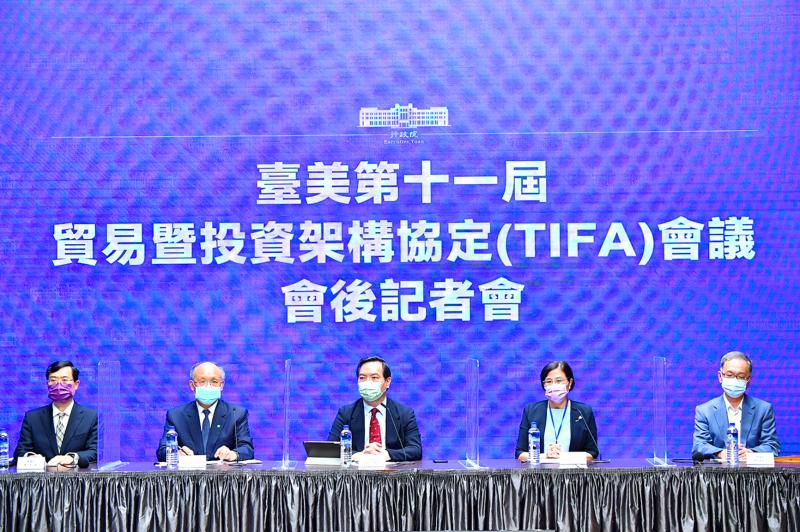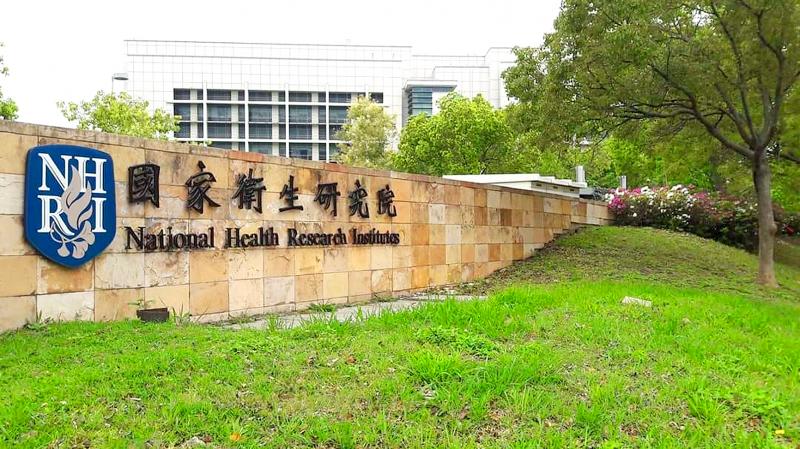The Taiwan-US defense relationship is a cornerstone of the partnership between the two nations, and plays a crucial role in ensuring peace and stability in the Taiwan Strait and the Indo-Pacific region at large.
Recent actions and statements by the US and other international actors in support of Taiwan have initiated a much-needed increase in its global presence, demonstrating to China that forcible annexation of the country is absolutely unacceptable. To further emphasize this tenet of the US’ Taiwan policy, parallel developments in defense policy are a natural and effective means of furthering a peaceful cross-strait environment.













